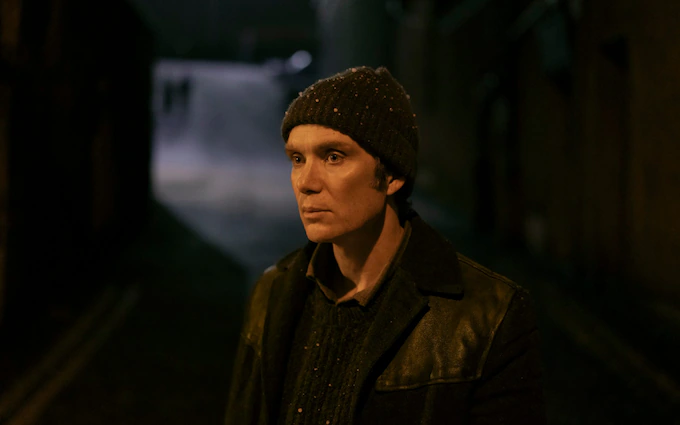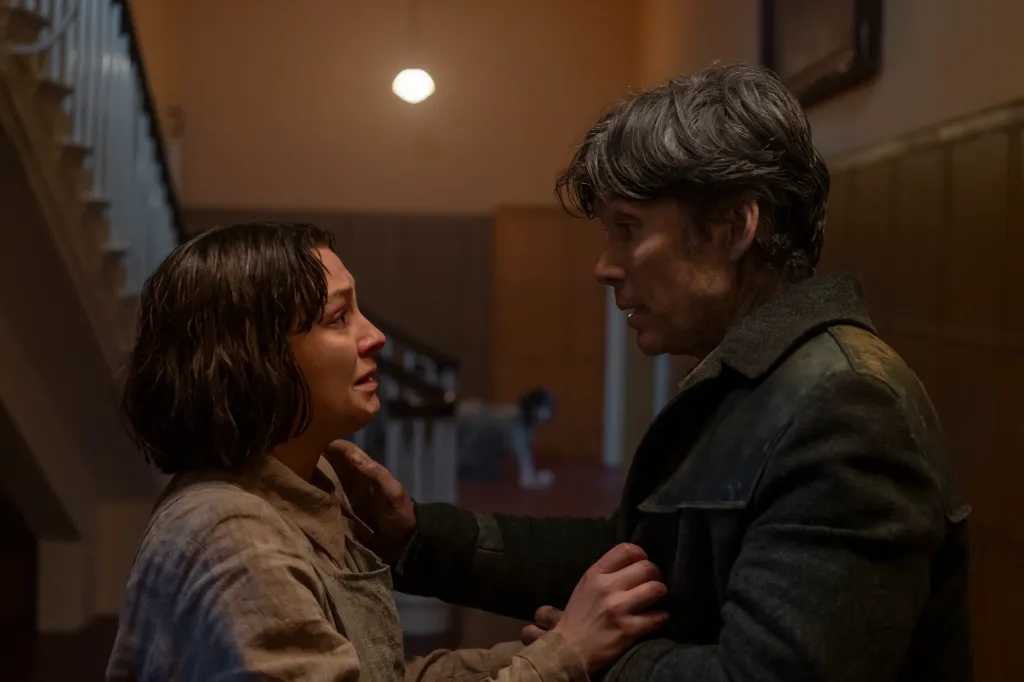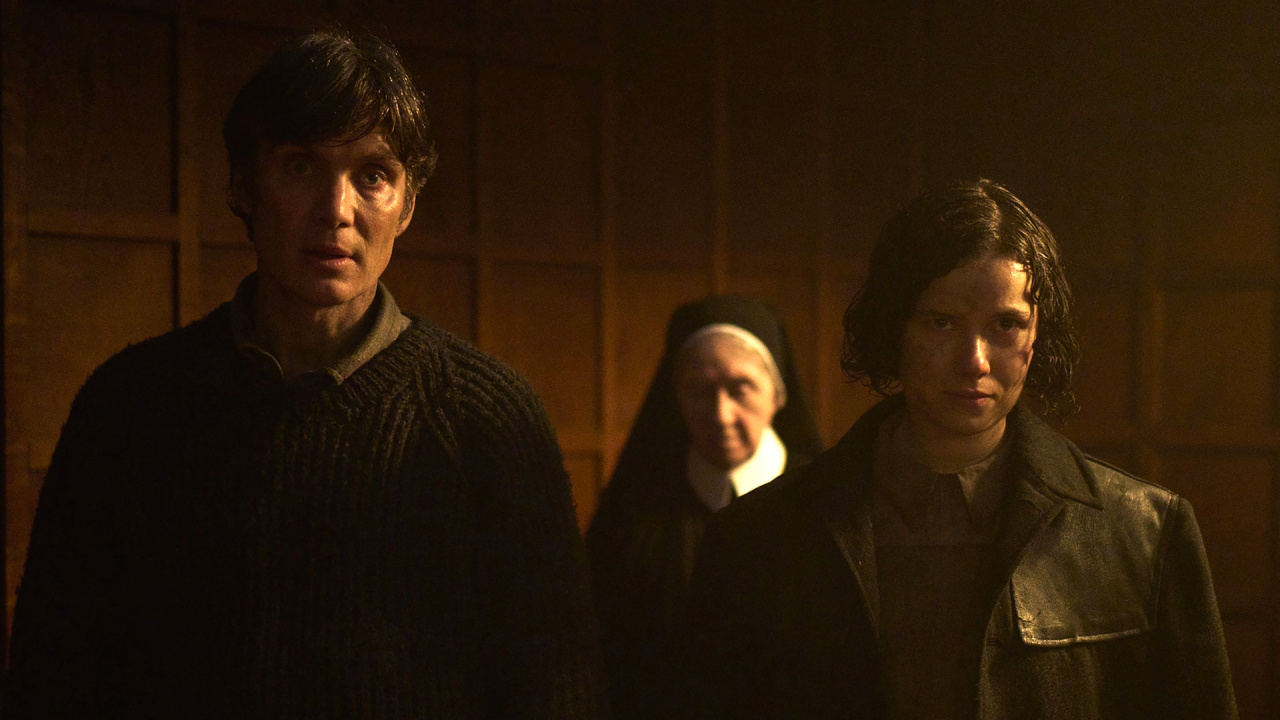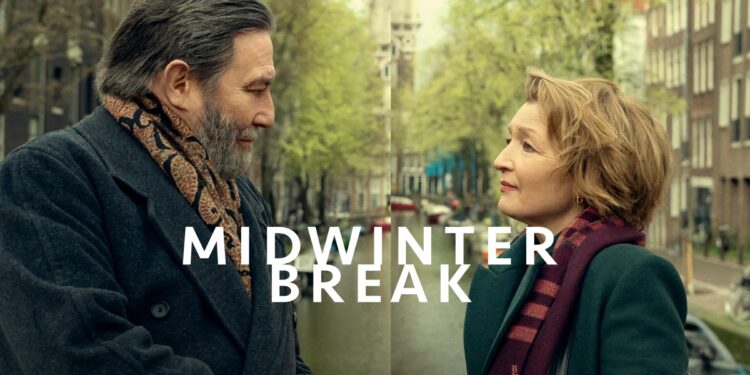In 1985 Ireland, Small Things Like These unfolds as a quiet meditation on morality, memory, and the weight of silence. Directed by Tim Mielants and adapted from Claire Keegan’s acclaimed novella, this historical drama stars Cillian Murphy as Bill Furlong, a coal merchant whose life of routine is disrupted by a chilling discovery at a local convent. It’s a film that wears its restraint like a heavy coat, both a strength and a burden, and while it boasts exceptional performances, its deliberate pacing and understated narrative may leave some viewers longing for a spark to ignite its somber moments.

Murphy, fresh off his Oscar-winning turn in Oppenheimer, steps into Bill’s worn boots with a performance that’s as compelling as it is contained. Bill is a man of few words, his inner turmoil etched in every glance and hesitant gesture as he grapples with the horrors of the Magdalene Laundries, institutions run by the Catholic Church that imprisoned and exploited “fallen women.” Emily Watson, as Sister Mary, delivers a chilling portrayal of authority laced with menace, her presence a stark reminder of the Church’s iron grip on the community. Each actor shines in their moments, yet the film’s focus remains squarely on Bill, sometimes to the detriment of exploring the broader human tapestry of this dark chapter in Irish history.
Where the film falters for myself, however, is in its storytelling. The narrative hinges on Bill’s gradual awakening to the convent’s abuses, sparked by his encounter with a young girl locked in a coal shed. It’s a premise ripe with potential, yet the script by Enda Walsh opts for subtlety over momentum. Scenes linger—sometimes poignantly, as when Bill scrubs coal dust from his hands with near-ritualistic fervor, and sometimes aimlessly, as if the film itself is unsure how to fill its runtime. For all its emotional depth, the story feels stretched thin across its 98 minutes.

The pacing, deliberate to a fault, may test the patience of viewers accustomed to more dynamic screenplays. While the slow burn suits the film’s introspective tone, it risks losing those who crave a clearer arc or a more forceful confrontation with the injustices at its core.
The film’s greatest strength remains its performances, particularly Murphy’s. He anchors every frame with a raw vulnerability that makes Bill’s internal conflict feel real, even when the story around him drifts. It’s a testament to his skill that the film remains watchable despite its mellow tempo. Watson, too, leaves a lasting impression in her brief but commanding scenes, her icy demeanor a stark contrast to Murphy’s anguished warmth. For those who savor slow cinema and don’t mind a whisper over a roar, it’s a rewarding experience. For others, the coal dust may settle too slowly to hold their gaze.
Email:neill@outloudculture.com



























